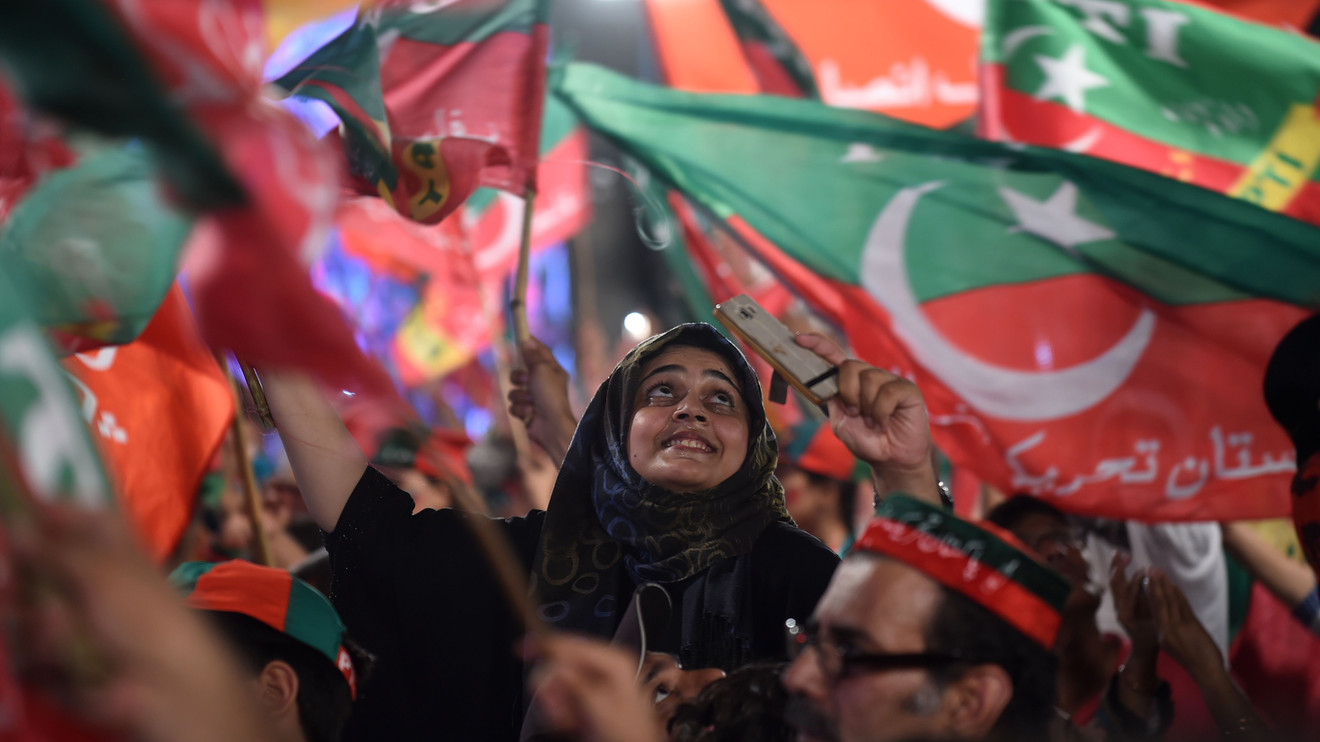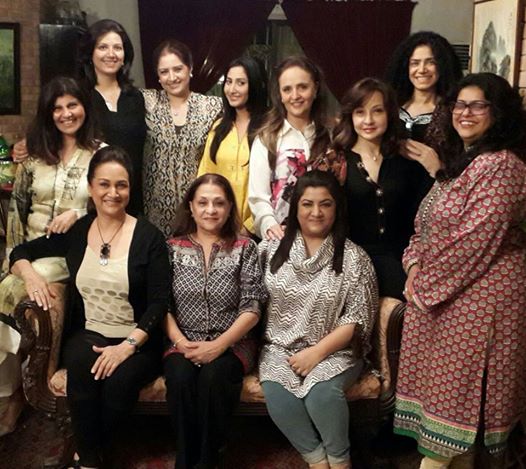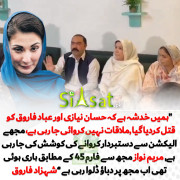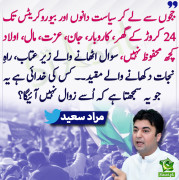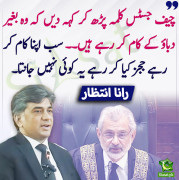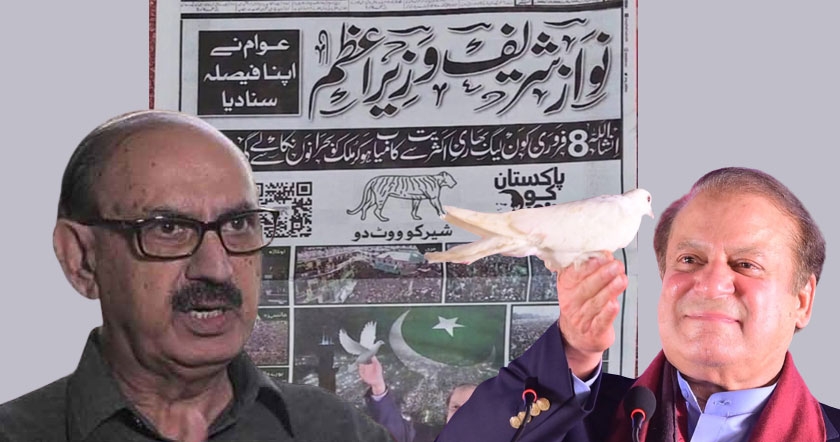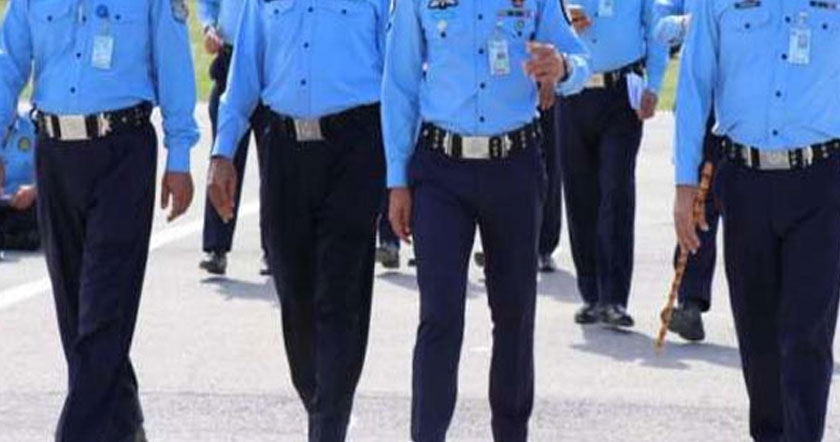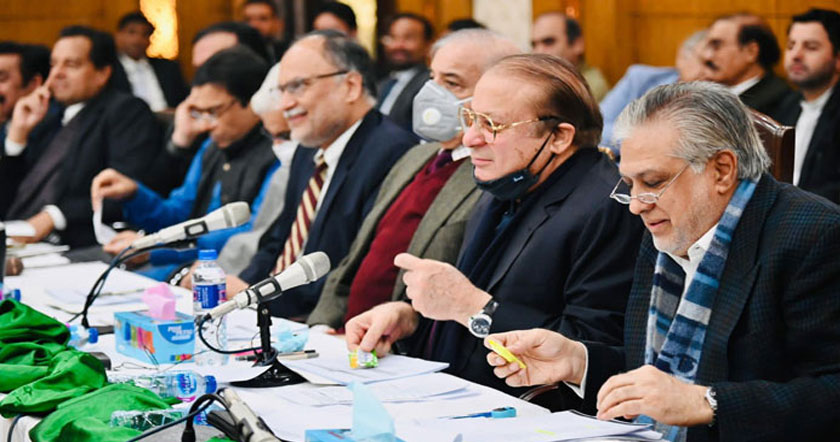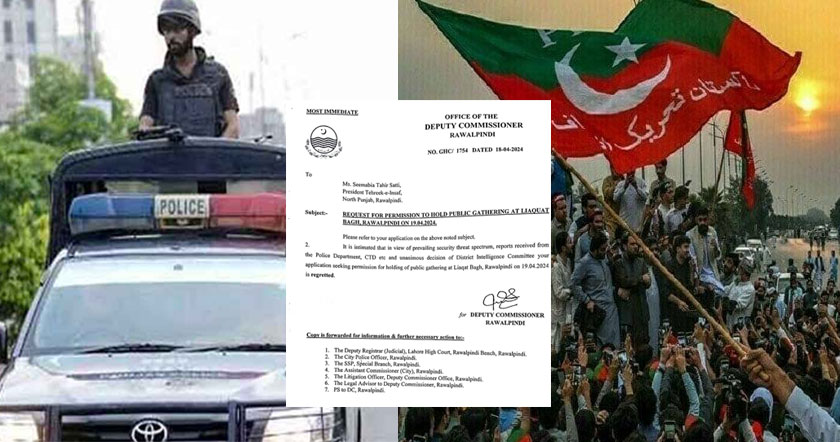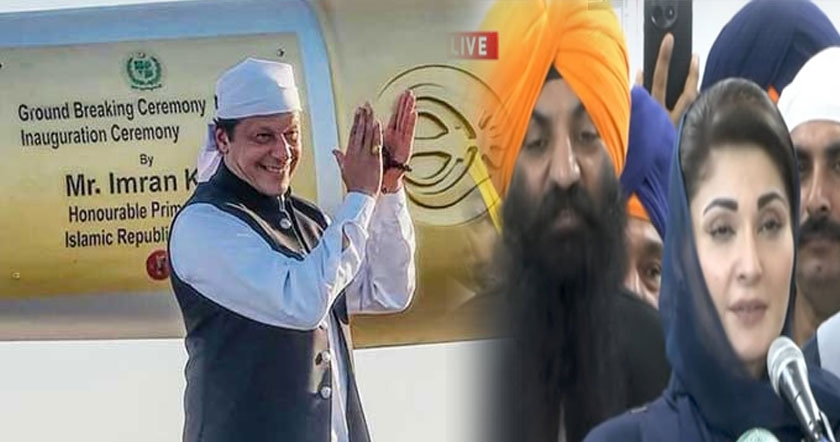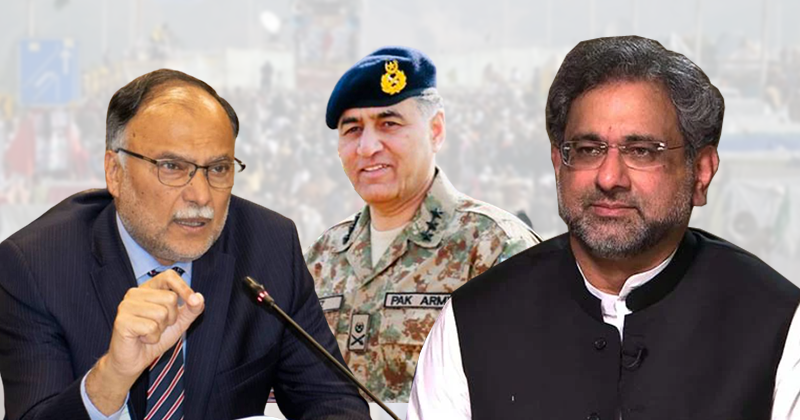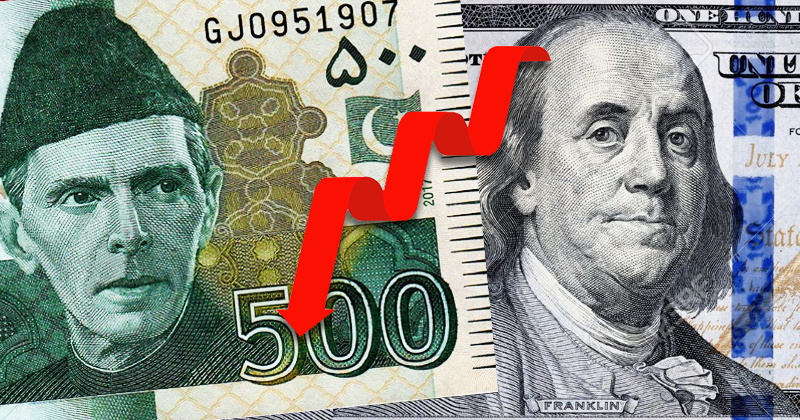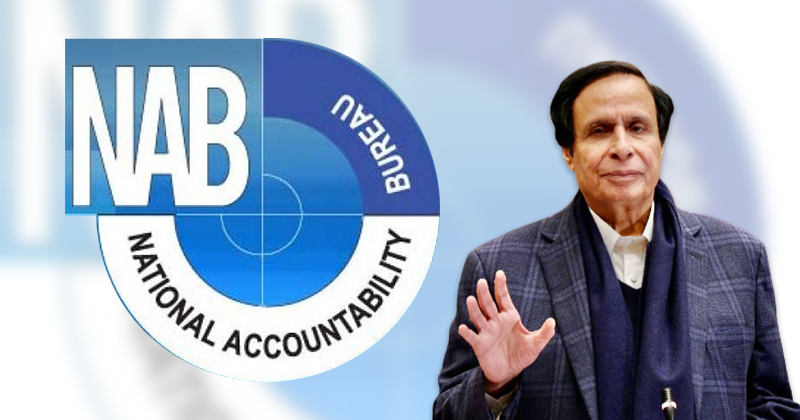
That CB Fry should once have been offered the throne of Albania is seen as another eccentric feature of an already eccentric life. It has become a quiz question. That Imran Khan should have wanted to become prime minister of Pakistan is viewed as almost a natural ambition from a man whose thirst for achievement appears unslakeable. It has become a reality.
Other world-class cricketers have also sought to make a difference to life outside the game when they retire. All too often their plans founder as they struggle to cope with environments in which 6000 Test runs or 200 wickets do not seal contracts or persuade investors. After a few years they are content to return to the worlds they know and in which they lead fulfilling lives. They are reassured to see pictures from their pomp on the front of the cricket papers and in time they might have a pavilion named after them. Imran has had his face on the cover of Time magazine and has built a cancer hospital in memory of his mother.
The Pakistani establishment told him he couldn't build such a hospital and then they said he couldn't run an institution in which about 75% of cancer sufferers receive free treatment. He did both things. They took him nearly ten years. "I have never not believed I am going to win," he told Mike Atherton in 2016.
Some cricketers attend their county's annual reunions and are pleased to be recognised by members who reminisce about the best days of distant summers. Imran has done so much since he retired in 1992 - virtually none of it connected to cricket - that a few junior players, even in Pakistan, might take a moment or two to recall that their prime minister once captained the national team on the greatest day in its history. Then they will recall photographs of a floodlit Melbourne Cricket Ground on a late March evening in 1992 and their captain in his lime-green shirt holding aloft a Waterford crystal trophy and saying how this victory over England should help him achieve his other ambitions. Nobody but Imran knew it at the time but he had played his last match. He was 39 and the best cricketer his country had ever produced now turned his formidable attention to other things.
Imran's continuing desire to fulfil his ambitions outside the game was perhaps sharpened by his being born into his country's sporting aristocracy. Why achieve only the obviously achievable? Two of his cousins, Javed Burki and Majid Khan, were Oxbridge Blues and both captained Pakistan. (When Imran followed them as skipper of the national team, he dropped Majid from the side on the morning of his first Test in charge in 1982. There is as much steel as suavity in his character.) The family's affluence ensured that he attended Aitchison College, which is Pakistan's most famous school and was situated a short distance from the family home in the quiet Lahore suburb of Zaman Park. The high-quality coaching and excellent facilities at Aitchison helped to develop Imran's burgeoning talent and on the strength of 11 first-class games he was included in the party to tour England in 1971. He was 18 years old.
If his first trip to England proved to Imran that he was not yet ready for international cricket, it at least introduced him to the country where he would play the majority of his 382 first-class matches. He completed his secondary education at Worcester's Royal Grammar School and spent three years at Oxford, captaining the university in his second year and playing for Worcestershire when term had ended. Having once been an inswing bowler who could score a few runs, he was gradually becoming a proper all-rounder whose top-order batting could change games and whose fast bowling included a wicked bouncer. The leap in his delivery stride made you catch breath, especially, perhaps, if you were female.

Some Oxford contemporaries said Imran was aloof but all of them appreciated his strength of will once he was resolved on a course of action. That determination would be revealed in other ways. Having represented Worcestershire for one full season and been capped when his century and 13 wickets set up an innings victory against Lancashire, he moved to Sussex the following year in 1977 so that he could be nearer London, where his increasingly active social life was based. (For many years the gossip columnists would be as interested in his doings as cricket correspondents. Mercifully the two groups have rarely overlapped.)
He was banned for the 1978 Pakistan tour of England because he had joined Kerry Packer's World Series Cricket but he would later declare that his two Australian summers had been time well spent: Mike Procter had advised him on his run-up while John Snow had shown him how turning his left shoulder more towards fine leg would help his outswing.
Before long Snow's own county would be the beneficiary of those coaching clinics. Imran helped Sussex win two knockout trophies and had a leg-before appeal not been turned down in 1981 he might have been in the first Sussex side to win the County Championship. He did not want for self-confidence that summer, a trait noted by his skipper Johnny Barclay during the game against Derbyshire at Eastbourne where the visitors had five wickets in hand and a lead of over 230 on the final afternoon. A draw seemed in prospect. Imran decided he should bowl…
"Imran immediately trapped Steele lbw and, a man inspired, wiped out the rest of the batting. Four wickets in five balls, all bowled or lbw. Rarely have I seen such a devastating spell of bowling with an old ball.
'That was clever bowling,' he said, as we left the field. 'Now I want to bat… I want to bat high in the order, I feel it is my day, we must beat this lot. I think I shall bat at four. The others won't mind.'"
Imran made 107 not out, reaching his century with 11 fours and three sixes in 88 minutes. By the end of the match, nobody gave a monkey's where he had batted, not least the large crowd on the last day of Eastbourne Week. Yet this determination to wrench a game of cricket into a shape of his own devising would be seen again on the game's far larger stages. Most notably, perhaps, it would be seen in Test series against the mighty West Indian and Australian sides of the 1980s, against whom Imran led Pakistan in six series, winning one, drawing three and losing only in Australia (where he had helped New South Wales win the Sheffield Shield in 1983-84.) Imran instilled a sense of common purpose into a Pakistani team whose capacity to tear itself apart had often seemed unbounded.
If anybody had doubted the new skipper's resolve they were quickly disabused of their misgivings when he declared with Javed Miandad on 280 in the fourth Test against India at Hyderabad in January 1983. The match was won by an innings deep in the fifth day, a result which sealed a series victory. Imran's approach to the various tasks of leadership was established. Then again it hardly harmed the cause that he had players of the quality of Miandad, Abdul Qadir and Wasim Akram in his side.
And if defeats in three successive World Cup semi-finals were lowlights in his international career, first series wins in both India and England in 1987 were quite the opposite. Imran took ten wickets at Headingley to secure Pakistan's only victory in the second of those five-match series and then made 118 at The Oval to ensure the overall victory was secure.

There were many other days of glory and each of his millions of fans in Pakistan had their favourite. Despite a stress fracture in his left leg which prevented him bowling for three years Imran finished his career with 362 Test wickets and 1287 in all first-class games. There were also 17,771 first-class runs and 117 catches. But sitting in the garden of his home in 2016 he had to be persuaded to talk about his cricket by Atherton. After all it was a long time ago and there are other things in life. More important things, though he did not say this.
"I always wanted to leave cricket once I had finished playing," he said, "I think the potential of a human being only grows when we challenge ourselves. Once life becomes easy it is all downhill. Once I was no longer challenged I always felt I would decay. I never wanted to take the easy road and stay in cricket… In life to succeed you have to have total passion and total commitment. Everything else takes second place... The day I left cricket it was over for me."
He has not been inured to the controversies of his country's cricketing past. He deeply regrets the match-fixing committed by other players and admits that he once changed the condition of a ball with a bottle-top. But those things, too, are in the past. Now there are hospitals to oversee and a country to run. When Pakistan's wealthy élite refused to help him construct a memorial to his mother, he went to the people and asked if they could help. His place in sporting history is for others to judge. No one is better placed to do so than Peter Oborne, who, with Richard Heller, has written one of the two fine histories of Pakistan's cricket.
"Imran Khan is one of those very few people who has a sense of personal greatness and personal destiny," Oborne said. "That destiny first of all manifested itself in an amazing cricket career when he forged a national team and made it the best in the world. And then it forged itself in this enormous monument to his mother: the great hospital which is still there. And then in a political career. [He] is the nearest thing cricket has produced to a world historical figure."
The gossip columnists have long been replaced by political journalists. Armed guards stand at the entrance to Imran's house and accompany him wherever he goes. His Tehreek-e-Insaf (Pakistan Movement for Justice) party is in power and is the subject of constant scrutiny. Its aim is to build a modern, egalitarian, democratic country, still Islamic, and with a welfare state. Most former cricketers are content to cast their vote every five years or so.





